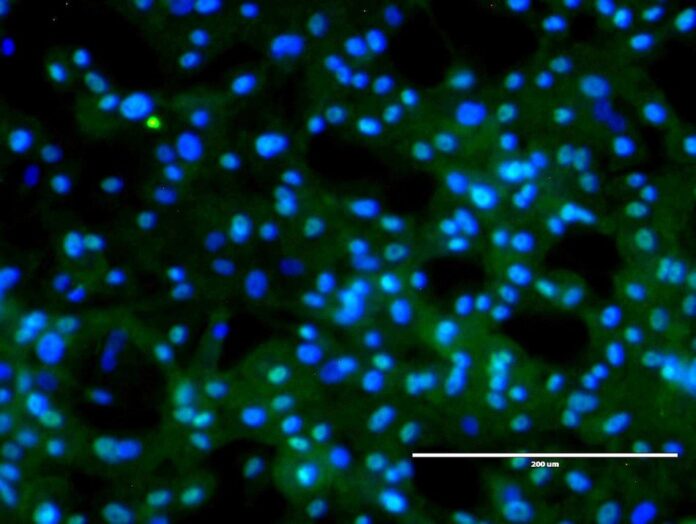VIRGINIA BEACH, Va.— LifeNet Health LifeSciences has successfully isolated three types of primary human lung epithelial cells from a single donor. One of the three types, alveolar epithelial type II cells, are of particular interest to scientists due to their applicability for respiratory disease research. LifeNet Health’s scientists have also isolated the bronchial and small airway epithelial cells, which are critical for the first lines of defense in protecting the lungs.
“Due to the complexities in the nature of these cells, they are difficult to isolate and maintain in culture,” said Jingsong Chen, M.D., Chief Technology Officer at LifeNet Health. “We attribute the successful isolation of these cells to our skilled scientists and their expertise in this field.”
All three cell types have been fully characterized and retain their morphology in culture after isolation. They show initial viability of over 80% and yields of over six million cells. The primary alveolar type II cells demonstrate a six-fold increase in lung surfactant protein C gene expression and were negative for Aquaporin 5 — a marker for alveolar type I cells. In addition, these type II cells showed positive gene expression and immunocytochemical staining for ACE2, the main protein receptor for SARS-CoV-2, making these lung cells essential for COVID-19 research.
“There is a great need for these high-quality, fully characterized lung cells,” said Rony Thomas, LifeNet Health President and CEO. “We are grateful to the donors who have given this selfless gift to help research move forward. Through this initiative we can continue with our mission of healing and providing hope in the midst of a global pandemic.”
The LifeNet Health LifeSciences team will continue developing these three lung cell types in 2021. Because of LifeNet Health’s unique vertically integrated model — which is unparalleled in the life sciences field — its scientists have the distinct capability to isolate vital cells from the gift of donated organs and tissues.
“These cells have a wide range of suitable applications focused on respiratory diseases, particularly SARS-CoV2 (the causative COVID-19 agent) infection studies and SARS disease modeling,” said Louis Dias, Vice President and General Manager of LifeNet Health LifeSciences. “We are available and actively seeking co-development partners who strive for continued advances in lung disease research.”
LifeNet Health’s exceptional team has now isolated 17 different cell types, which also include liver non-parenchymal cells, hepatocytes and thyrocytes. Several of these cells are currently available for research applications.


